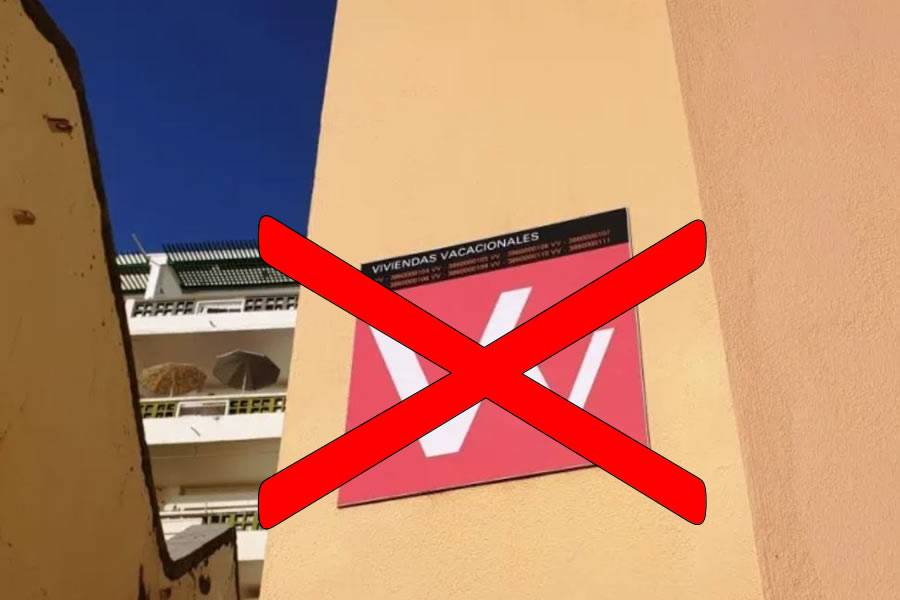The number of holiday let properties to be restricted and limited in 2024
- 29-12-2023
- National
- Canarian Weekly
- Photo Credit: Stock Image
The Minister of Tourism and Employment for the Canary Islands Government, Jéssica de León, announced a series of measures yesterday (Thursday) to limit the number of holiday rental apartments and villas in tourist areas and residential areas of the two main capitals of the Canary Islands, the number of private “illegal” holiday lets.
These measures will form part of a new tourist housing law, which will have the main objective of balancing the residential and holiday rental market in the Canary Islands to guarantee adequate housing for residents.
In statements to the media, she confirmed that this law is expected to be in force by June 30th, 2024, a date that marks a milestone in the regulation of holiday rentals in the archipelago.
One of the main initiatives of this new legislation will be the identification of areas considered as "stressed", where holiday rentals will be limited or even prohibited. Examples of these areas include places such as Corralejo and El Cotillo in Fuerteventura, or Adeje and Arona in the south of Tenerife, where high tourist demand has led to a proliferation of holiday rentals that is making it almost impossible for residents to find affordable long-term residential lets.
De León stressed the importance of protecting the rights of residents in these areas and preserving the availability of affordable housing for everyone.
Holiday rentals in the Canary Islands are to be restricted in the two capitals
In addition to these tourist areas, the law will also focus on residential areas in the two main capitals of the Canary Islands, Las Palmas de Gran Canaria and Santa Cruz de Tenerife. In these cities, “spot zones in specific neighbourhoods” will be identified where special measures will be implemented to regulate holiday rentals and ensure that it does not negatively affect the availability of housing for residents.

The councillor emphasised the need to address both quantity and quality in the regulation of holiday rentals. It is not simply about limiting the number of properties available for tourist rentals, but also about ensuring that the available properties, meet adequate quality and safety standards.
The lack of affordable residential properties is the biggest problem in the Canary Islands
This initiative responds to the growing concern in the Canary Islands about the impact of holiday rentals on the housing market and on the quality of life of residents. High tourist demand has led to an increase in house prices and a shortage of long-term rental options in some areas, which has created tensions in the real estate market.
The Canary Islands has already become, according to official data from August 2023 (the most recent available thanks to an experimental statistical project by the National Institute of Statistics), the Spanish territory with the greatest impact of residential housing used for tourist or holiday use.
The archipelago has surpassed the record of the Balearic Islands for the first time this year, with four out of every hundred homes available (4.08%) being used for tourists, which would accommodate more than 188,000 people if all of them were full.
The new tourist housing law is part of the efforts of the Government of the Canary Islands to find a balance between tourism and the needs of the local population. It is expected that these measures will help preserve the availability of affordable housing and improve the quality of life of residents. In the whole of the Canary Islands, there are only three municipalities where access to housing is still considered to be affordable and cheap.
Other articles that may interest you...
Trending
Most Read Articles
Featured Videos
TributoFest: Michael Buble promo 14.02.2026
- 30-01-2026
TEAs 2025 Highlights
- 17-11-2025



























































